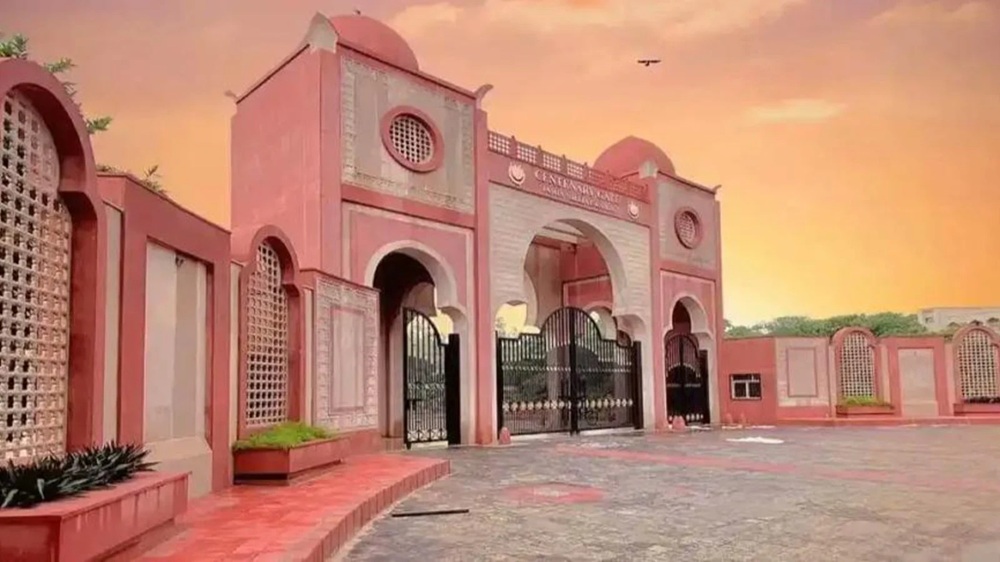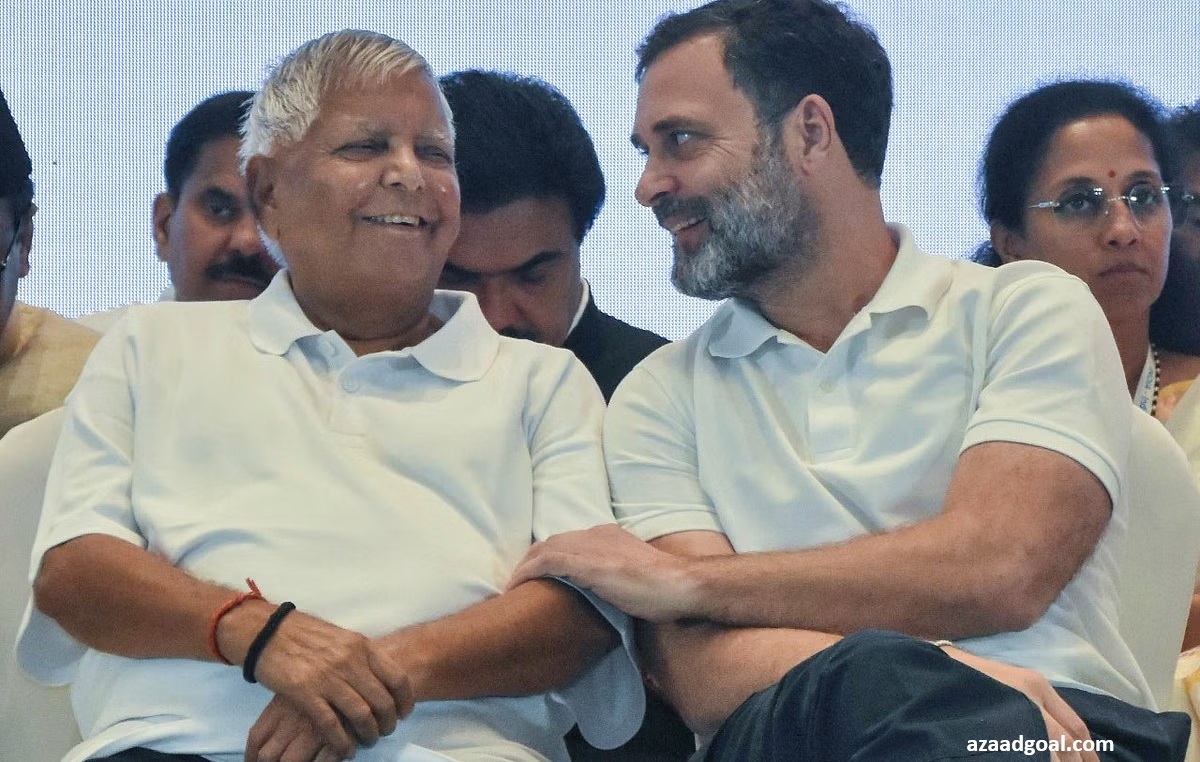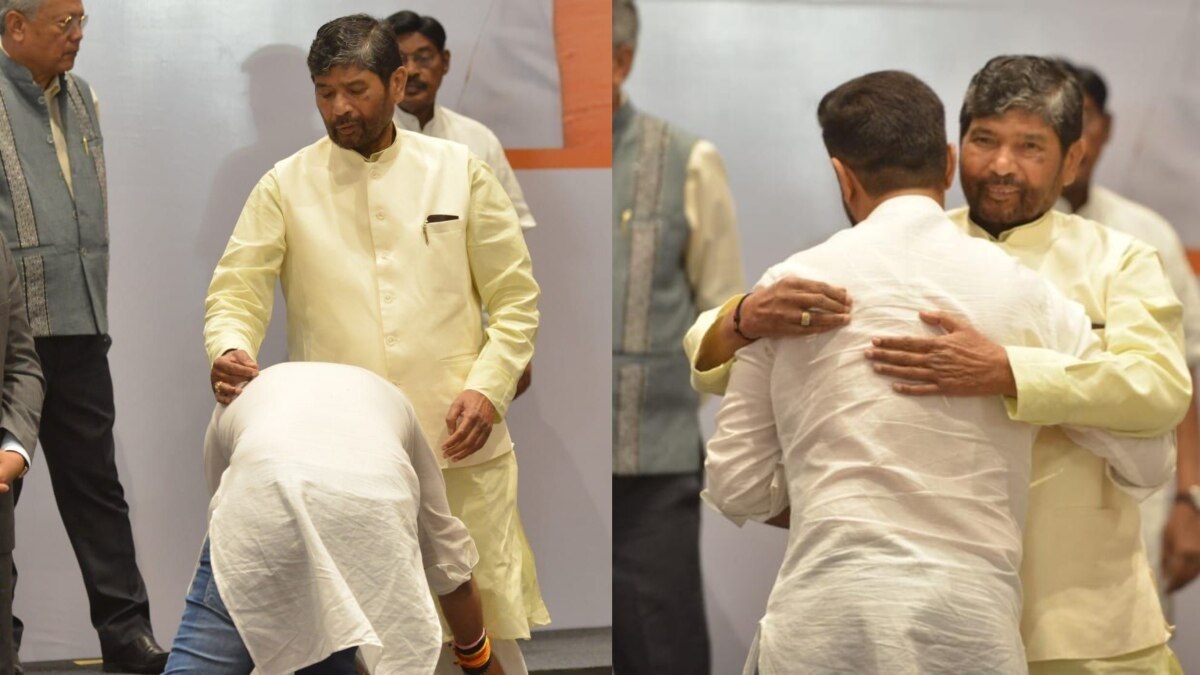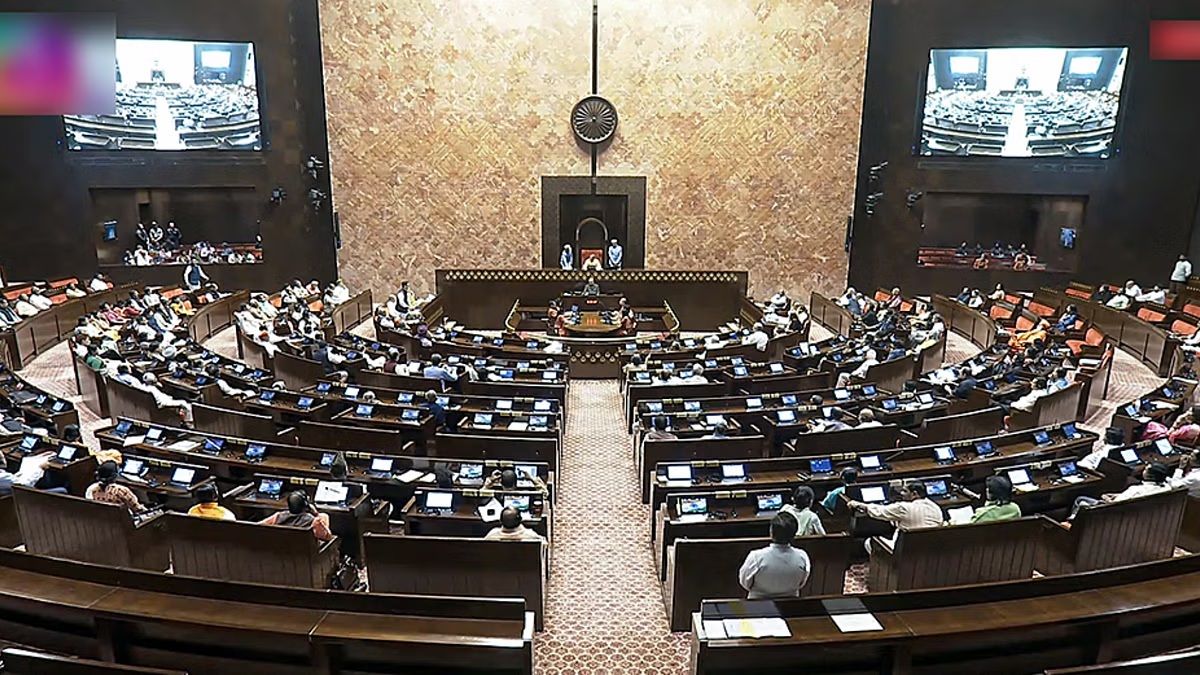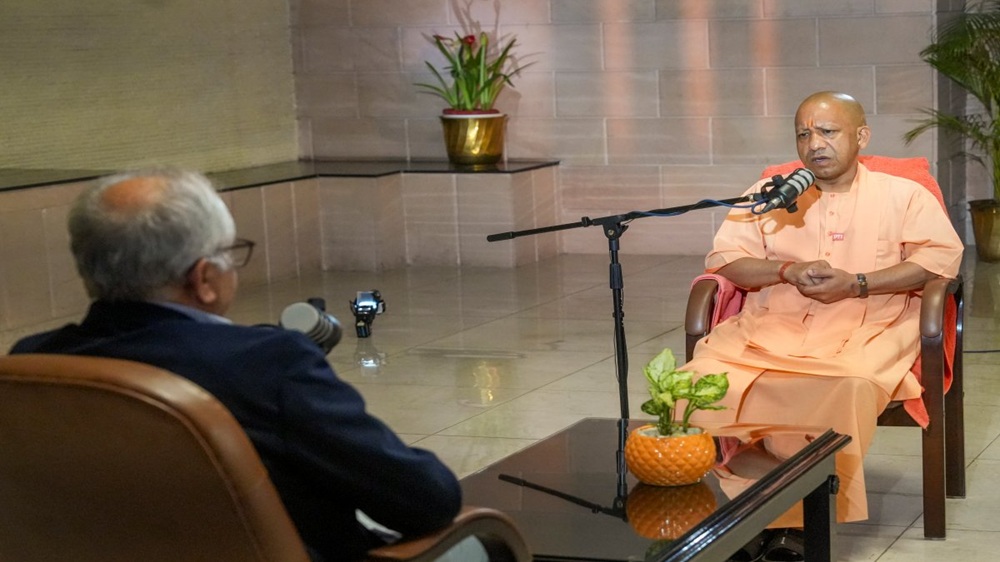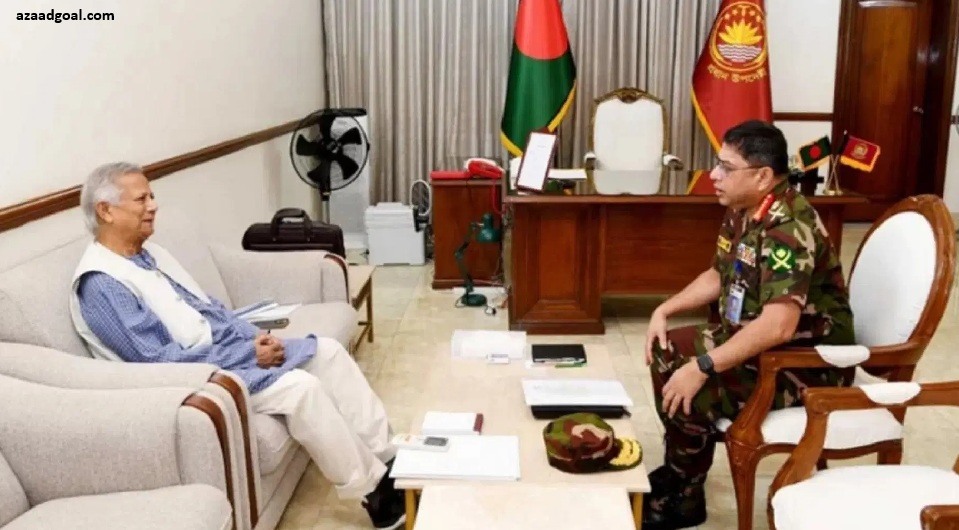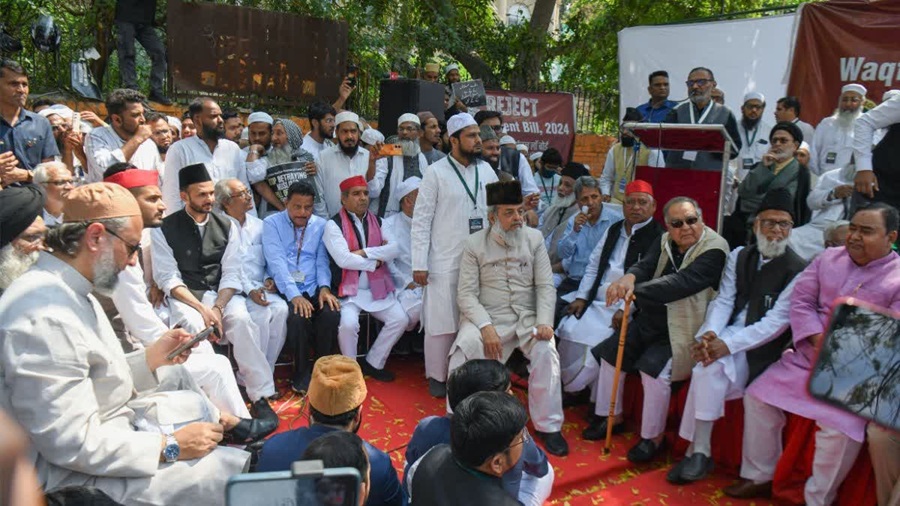Jamia Millia Islamia revises its PhD admission policy, making the 50% Muslim reservation non-mandatory, sparking debates on inclusivity and academic reforms.
In a significant policy shift, Jamia Millia Islamia (JMI) has revised its PhD admission rules, making the previously mandated 50% reservation for Muslim candidates non-compulsory. This change has sparked discussions across academic and political circles, with reactions ranging from support for inclusivity to concerns about altering the institution’s minority character.
What Has Changed?
✔ Earlier Policy – JMI, a minority institution, had a provision where 50% of PhD seats were reserved for Muslim candidates (including Muslims, Muslim women, and Muslim OBCs).
✔ New Policy – The university has now removed the mandatory nature of this reservation, opening up PhD admissions to a broader pool of candidates based purely on merit and entrance exam performance.
✔ Implementation – The new policy will be applicable from the 2025 PhD admission cycle.
Why Was This Change Made?
✔ The decision follows recommendations from the academic council and admission committee, which proposed a more merit-based approach to doctoral admissions.
✔ The university aims to align with national education policies that focus on open competition while still ensuring representation for minority students.
✔ There has been legal scrutiny over institutional reservations, prompting JMI to reevaluate its admission policies.
Jamia Millia Islamia Reactions to the Policy Change:
✔ Supporters’ View: Many educationists believe this move will enhance competition and academic excellence, allowing Jamia to attract more diverse talent.
✔ Critics’ View: Some minority groups argue that the decision dilutes the institution’s minority character and could impact the representation of Muslim scholars in higher education.
✔ Political Angle: Opposition parties have accused the government of pressuring Jamia to remove the quota, while university officials maintain that the decision was taken autonomously in the interest of academic growth.
What Does This Mean for Future Students?
✔ More Open Seats – With no fixed Muslim quota, candidates from all backgrounds now have an equal chance based on merit.
✔ No Change in General Reservations – Other reservation policies (SC/ST, OBC, EWS) remain unchanged, following national guidelines.
✔ Competitive Selection – Admissions will now be purely based on entrance test performance, academic records, and interviews.
Final Thoughts
Jamia Millia Islamia’s decision to modify its PhD admission policy marks a major shift in its approach to higher education. While it aims to promote academic competitiveness, concerns over minority representation continue to be debated. It remains to be seen how this impacts PhD enrollments and the institution’s academic landscape in the coming years.

